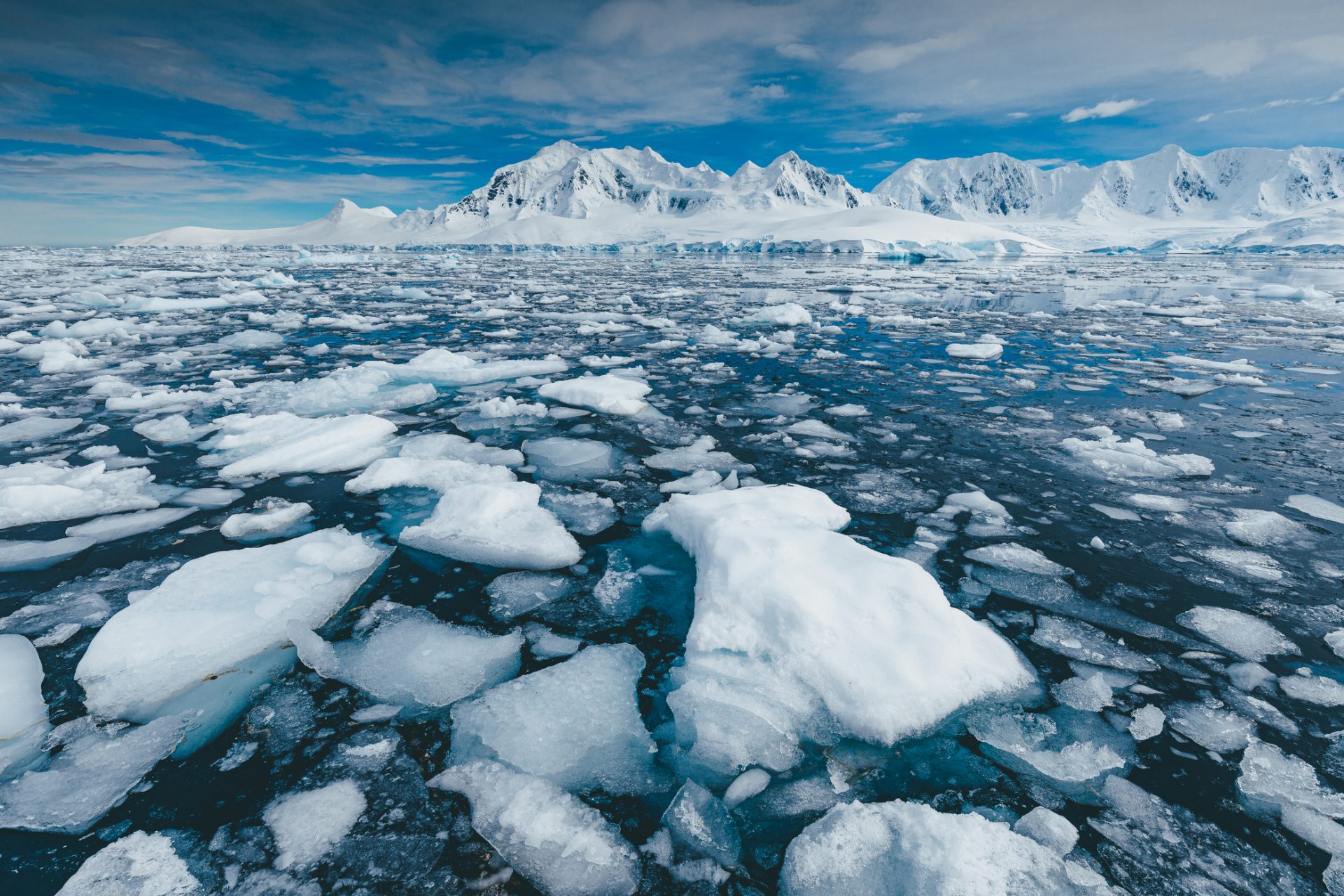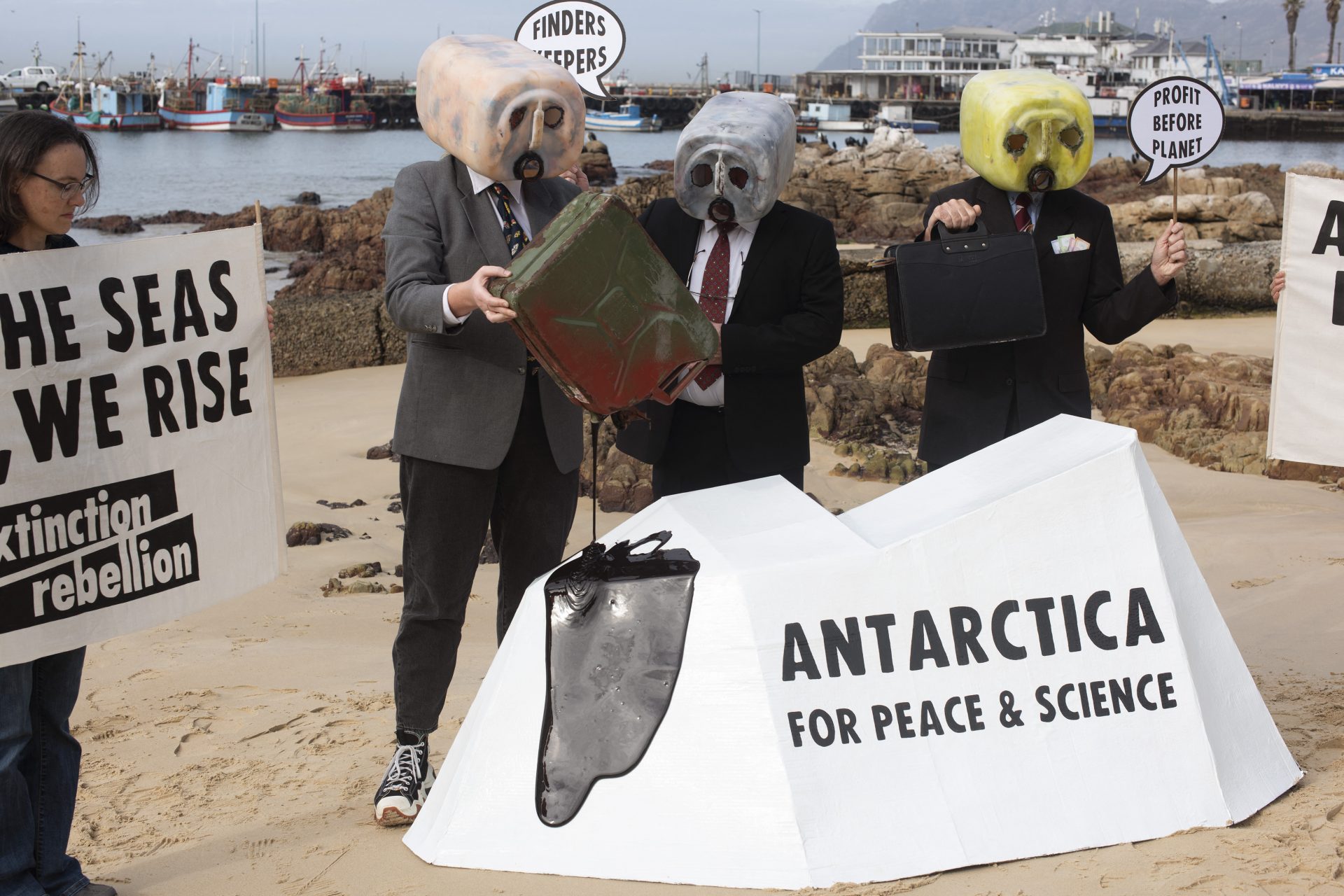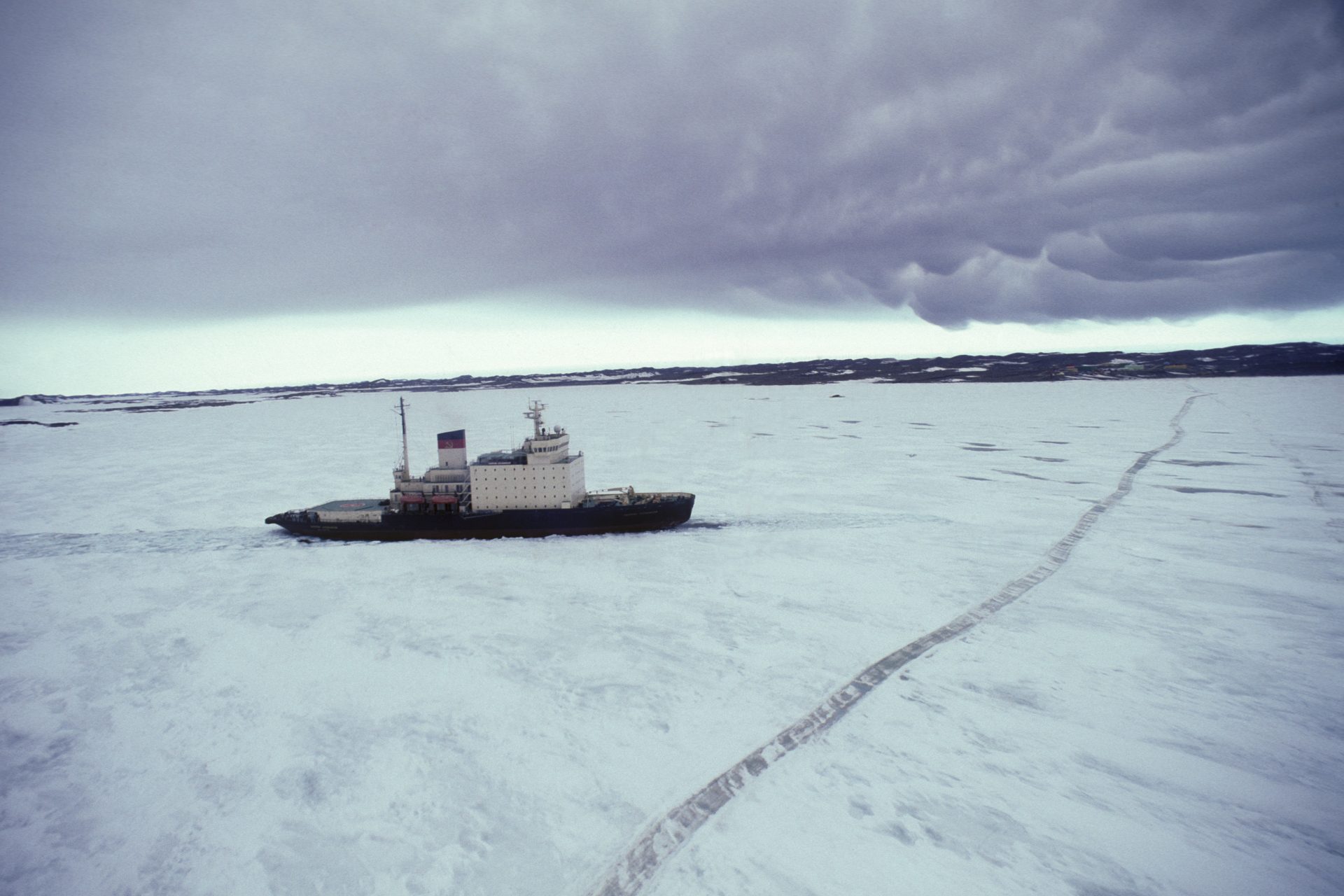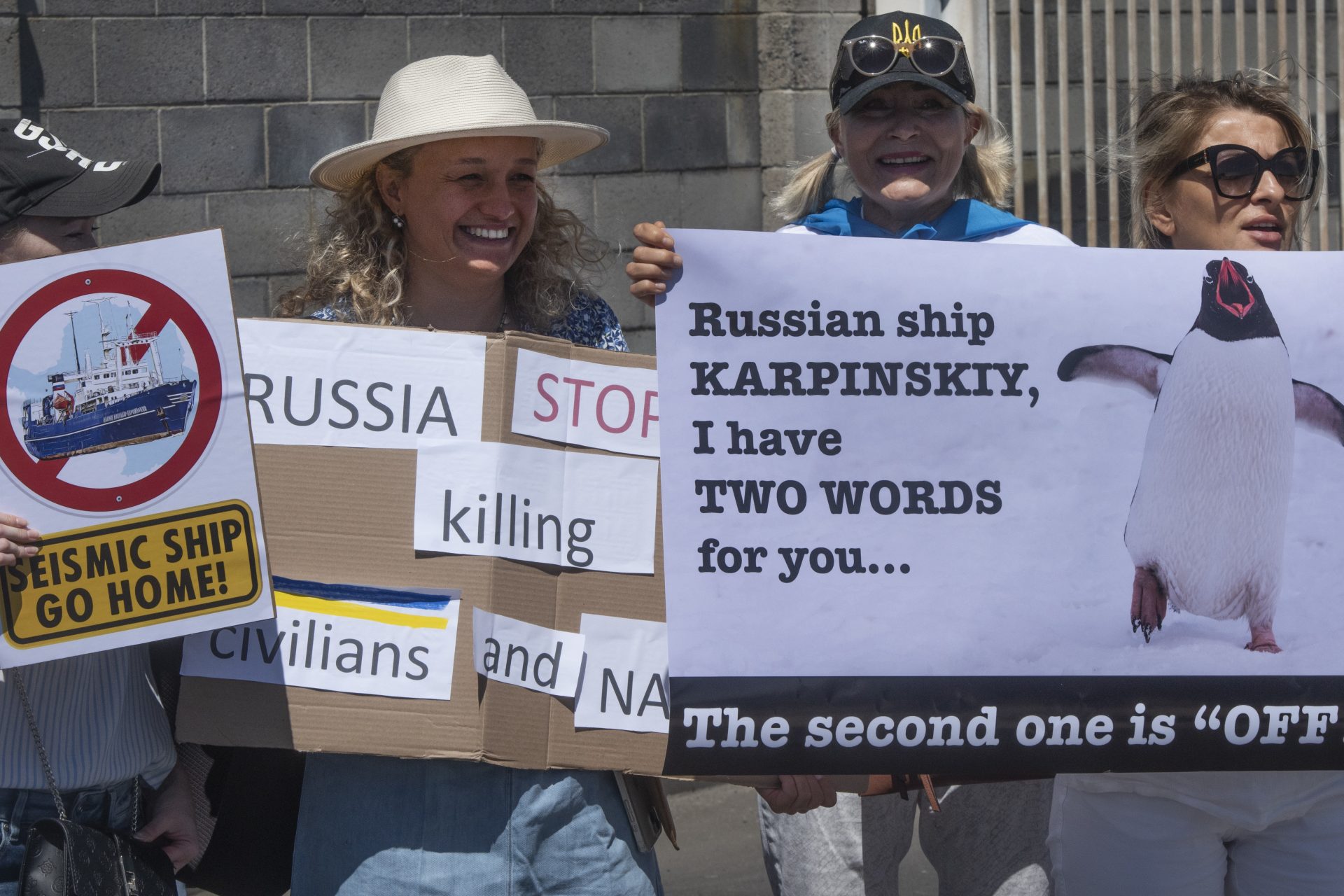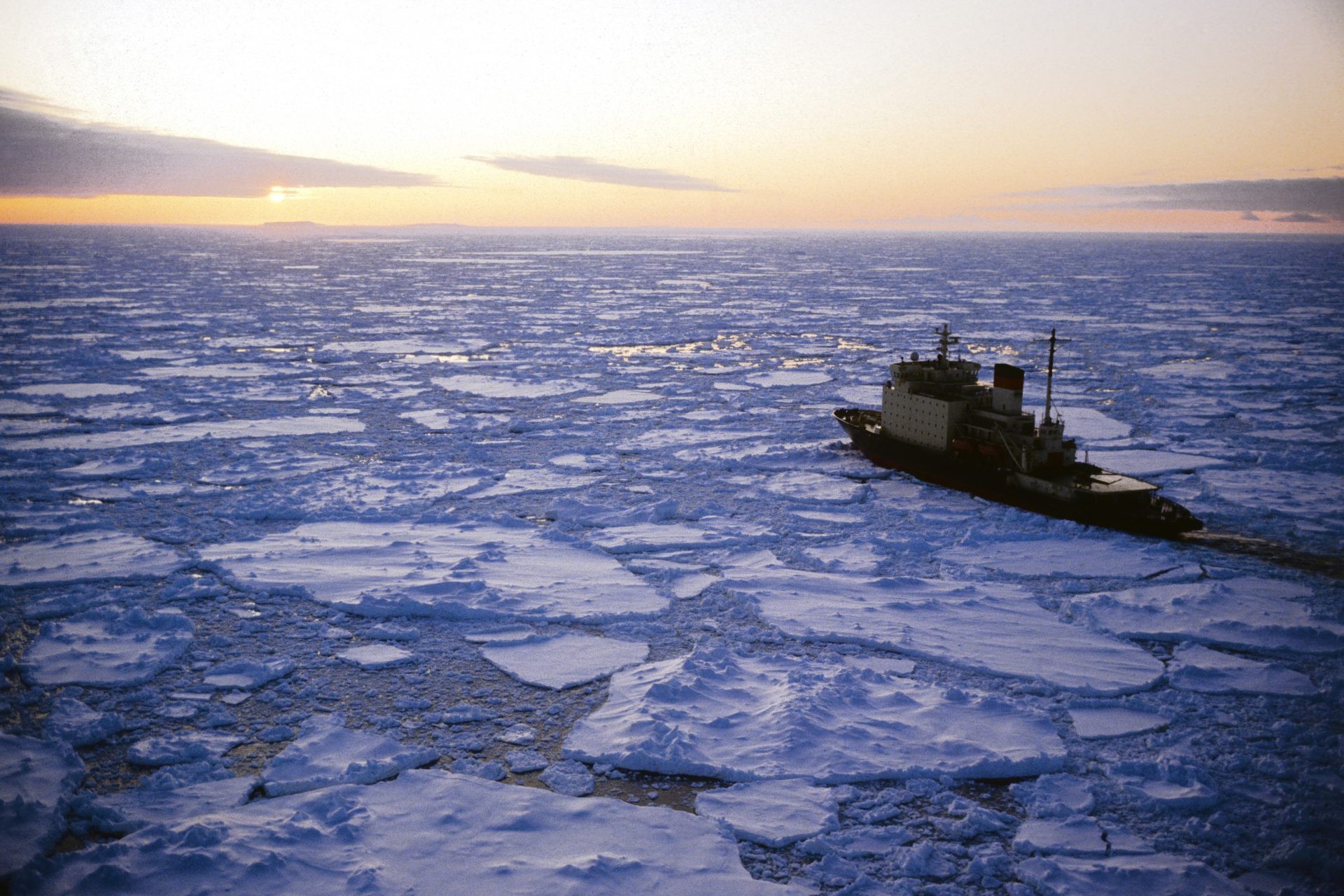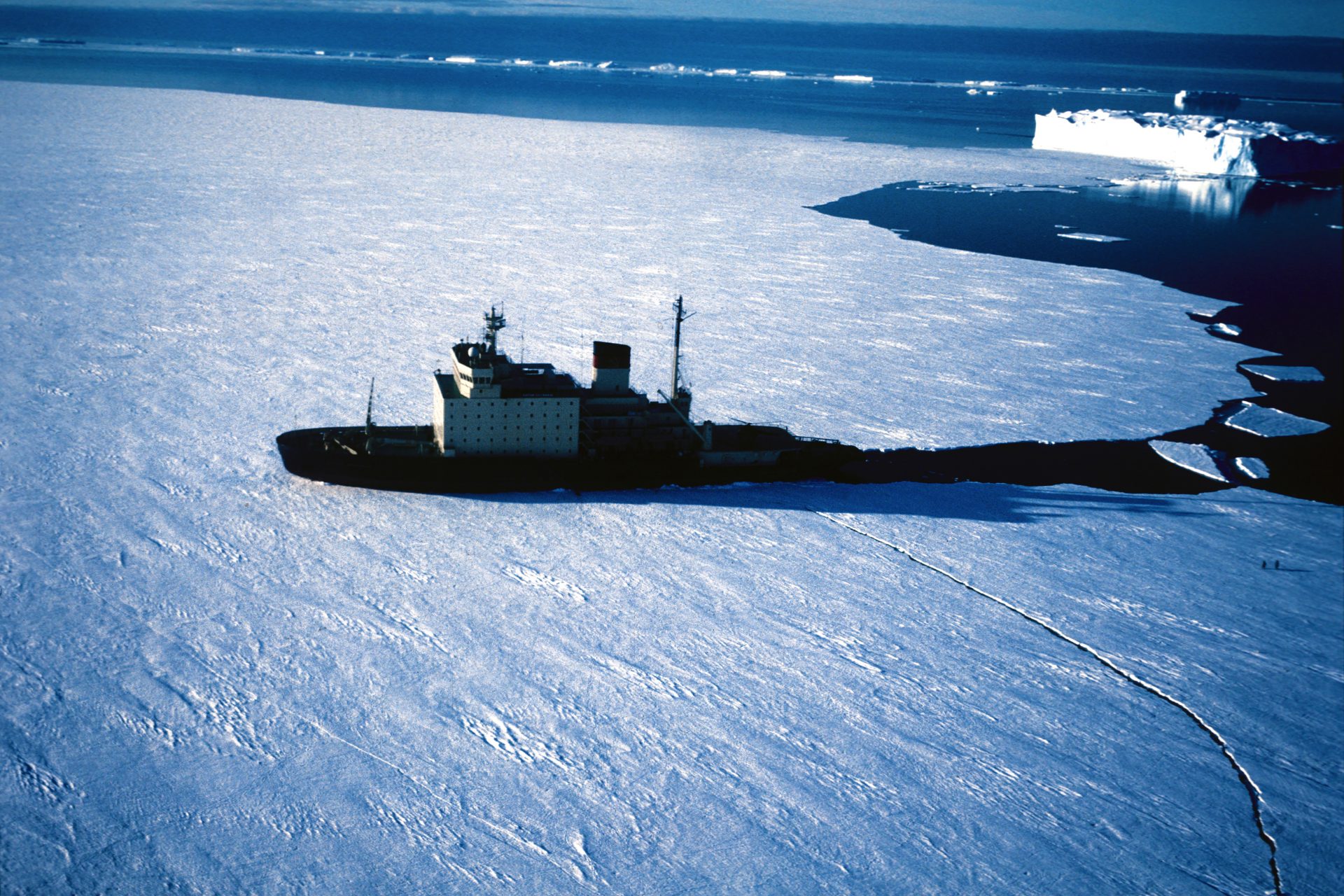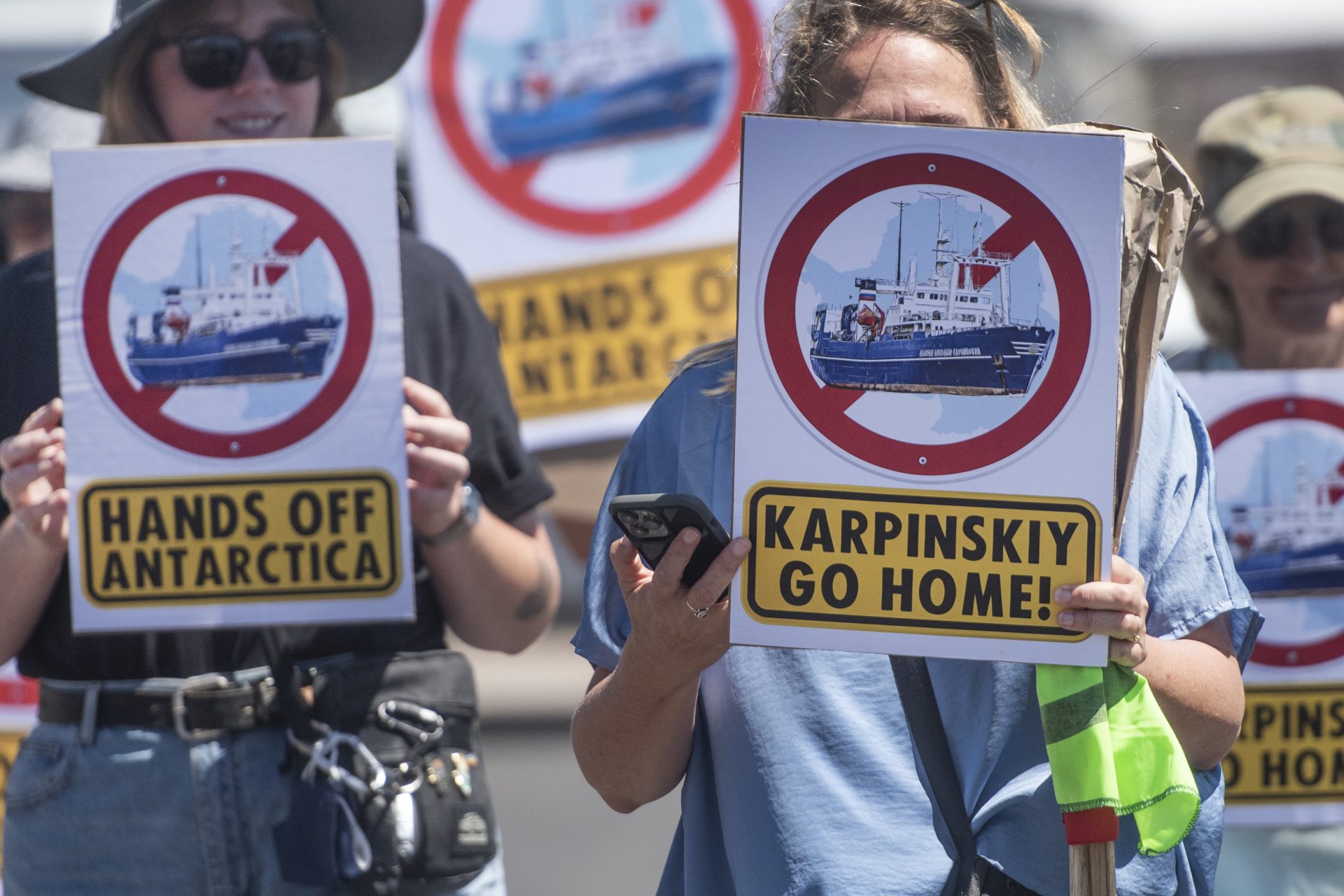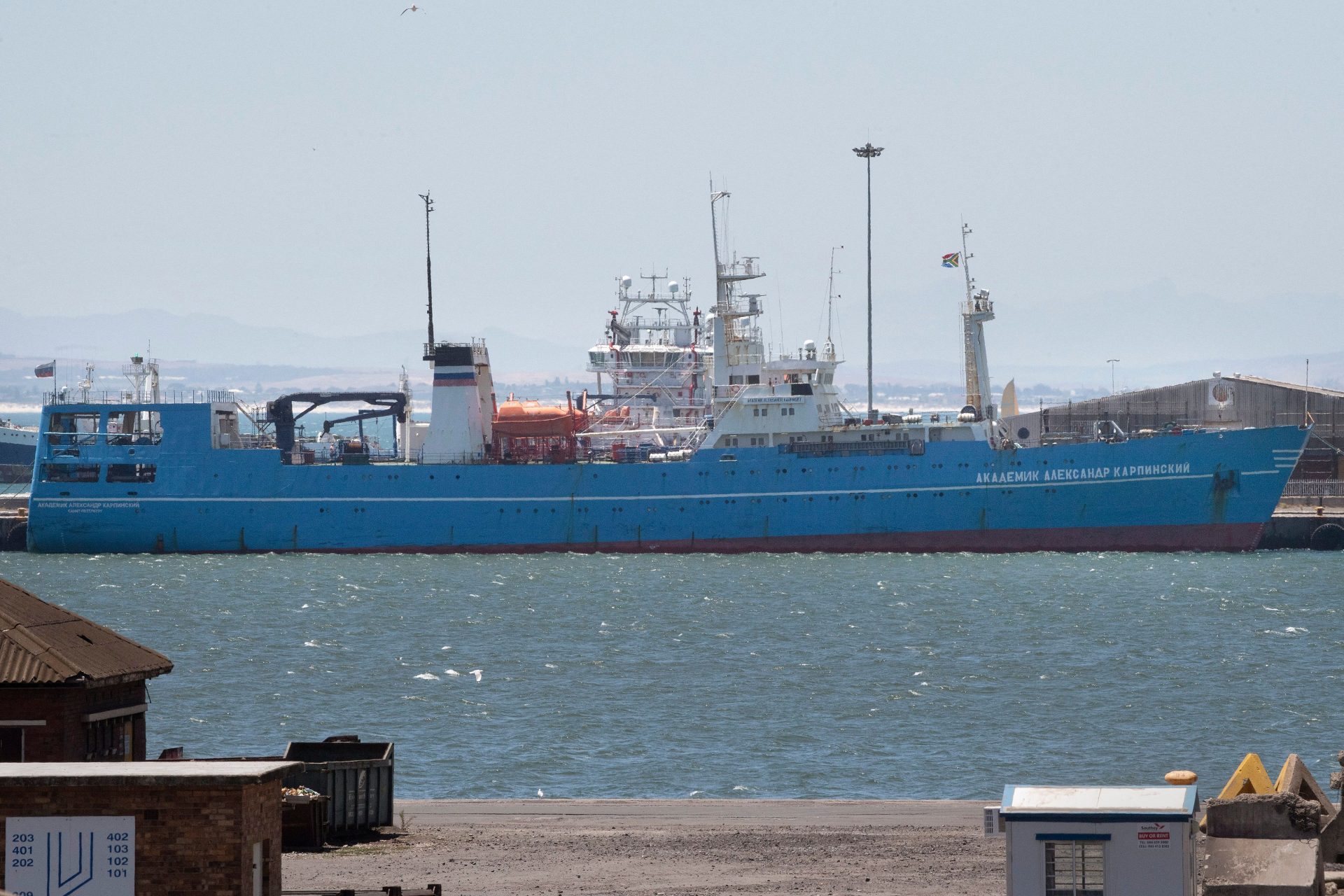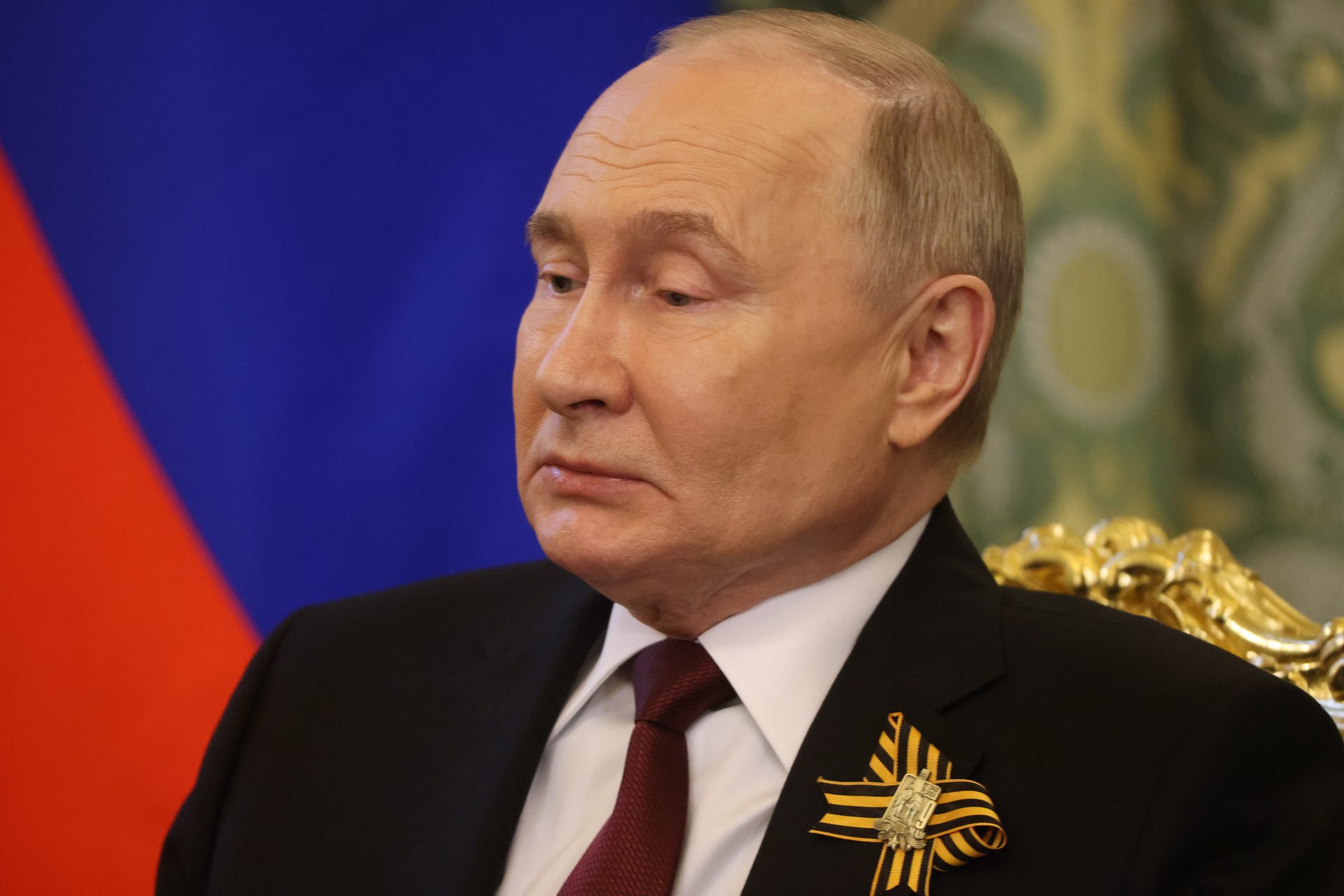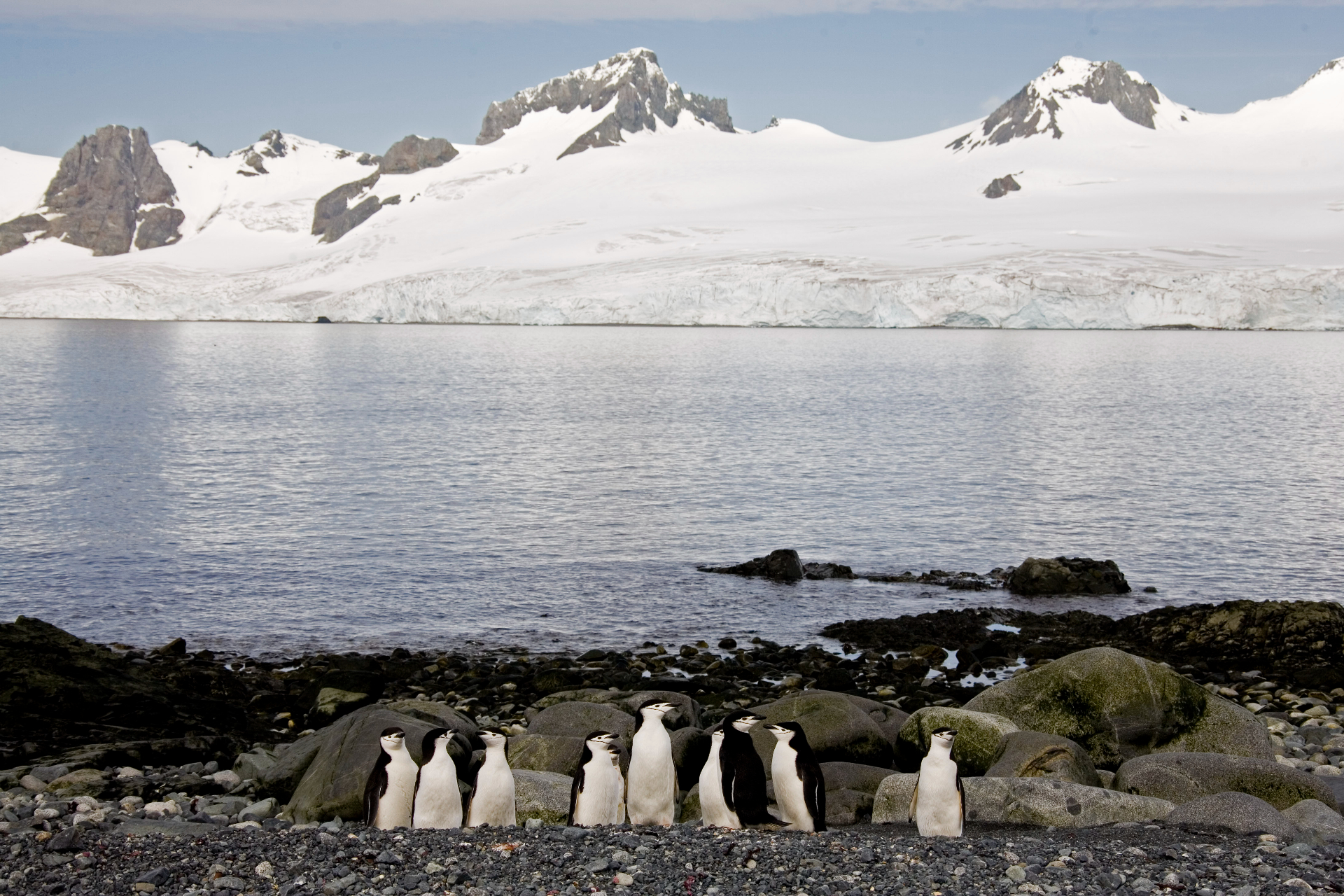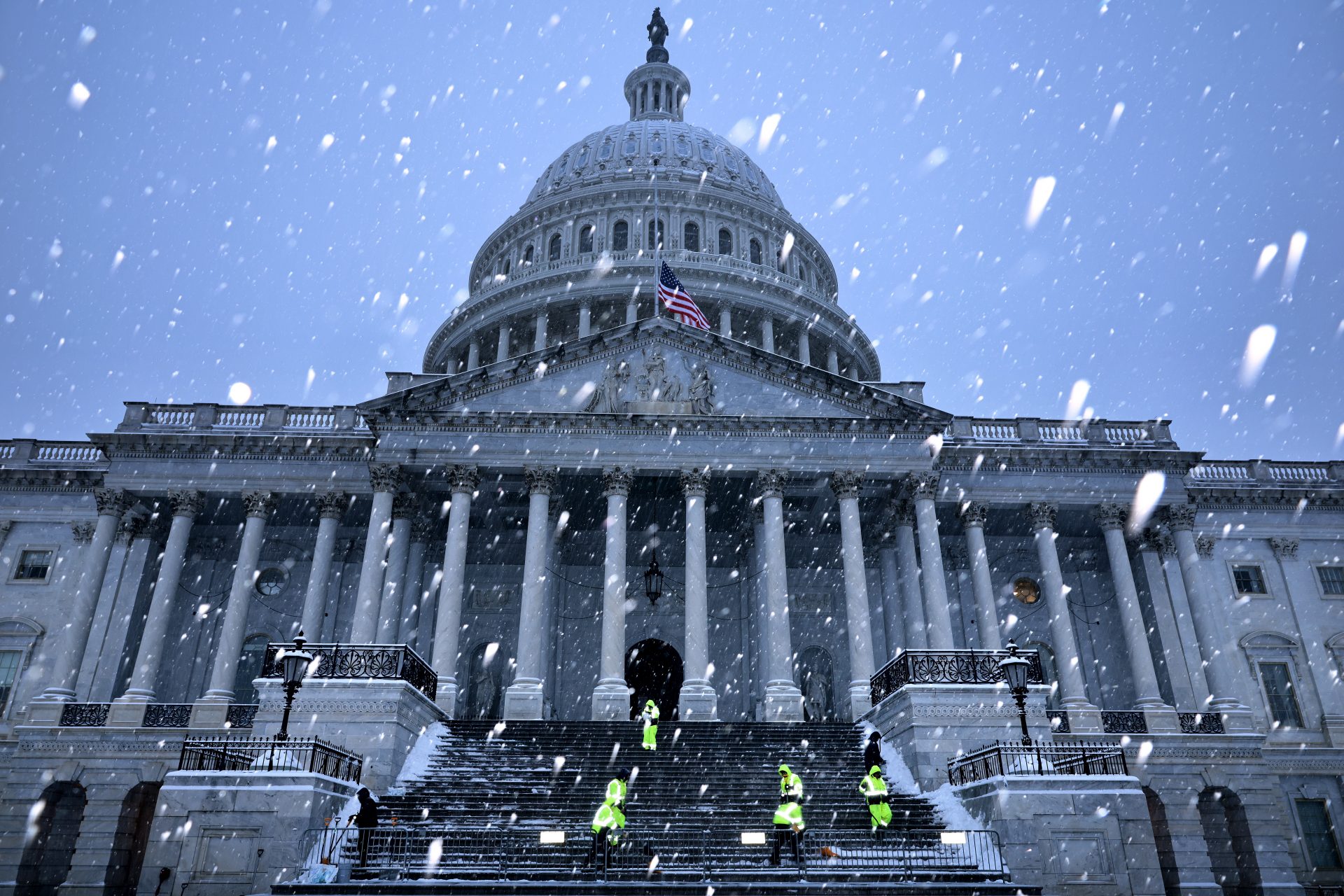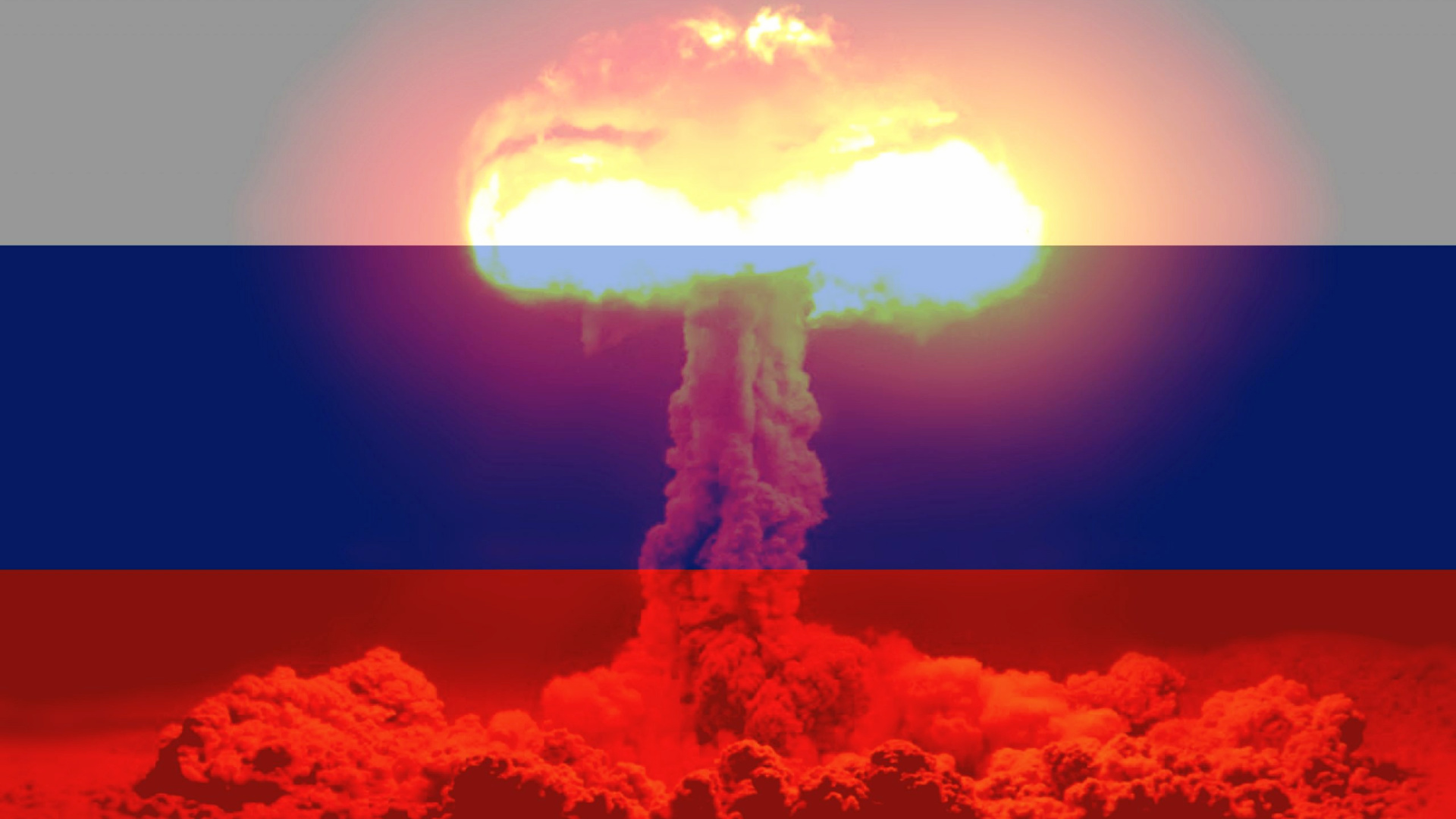Russia found a huge oil reserve in a disputed Antarctic territory
In May, documents from a UK House of Commons Environmental Audit Committe revealed that Russian geologists had found massive oil reserves within the waters of the British Antarctic Territory in the Wedell Sea region.
As reported by 'The Telegraph', it is one of the largest oil reserves on the entire planet. The problem? It is an area in which resource exploitation and prospecting are prohibited, unless they are of scientific interest.
Antarctica has been protected since 1959 by the Antarctic Treaty, which prohibits, very specifically, any mining or oil prospecting or development in its area of influence.
For greater international tension, the area in question is claimed by the United Kingdom as well as by Argentina and Chile, so diplomatic tensions seem inevitable.
The potential amount of crude oil and gas found by Russia would be around 511,000 million barrels of oil, according to ‘The Telegraph’.
The 511,000 million barrels of crude oil found in Antartica by Russia far exceed the 303,000 million barrels of oil that Venezuela has, the country with the most reserves in the world, followed by Saudi Arabia with 262,000 million.
Currently, Russia has 80 billion barrels of recoverable crude oil, according to 'The Telegraph', and the new discovery would imply multiplying that amount by six.
According to the British paper’s report, it was 'Russian Geological Exploration Holding' (Rosgeo) that made this historic discovery, aboard the ship Akademik Aleksandr Karpinskiy.
Sunak, who was prime minister at the time the discovery was revealed, claimed that Russia had informed them that their incursion into the area had scientific purposes, as stated in the aforementioned media.
The Russians have not been vocal about any specific projects, but resource exploration forays could be a threat to The Antarctic Treaty System that protects the vulnerable territory, according to a Forbes report.
On the other hand, the climate crisis could also motivate parties to the Antarctic treaty (which includes Russia) to remain steadfast in scientific collaboration and conservation regardless of domestic political interests.
More for you
Top Stories



